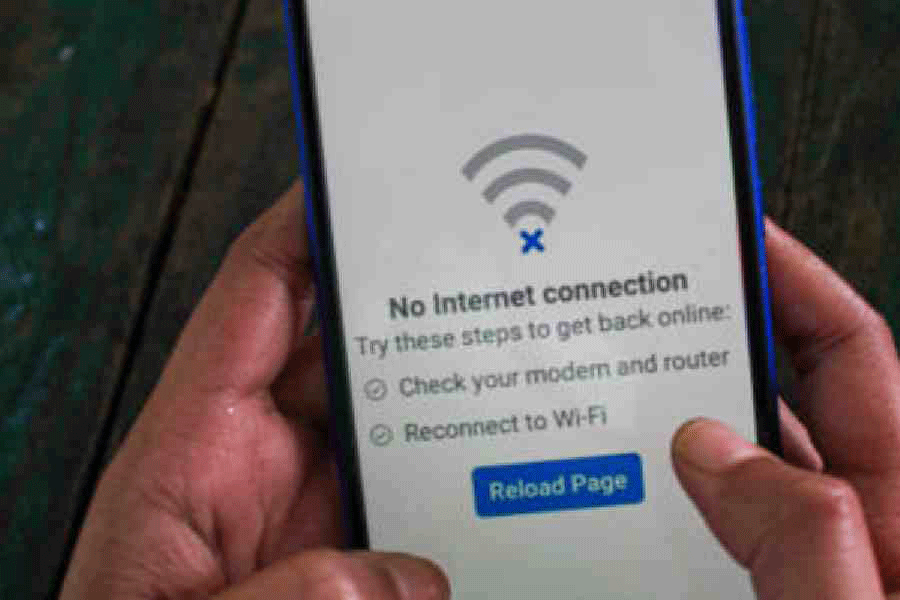Even as the horrors of the situation in Manipur continue to emerge, it is increasingly clear that the scale and the nature of the killings, arson and sexual violence in the northeastern state were long hidden from the rest of the nation by an internet blackout imposed there. A single viral video of men parading two naked women on the street shocked the country, made the Supreme Court sit up and take note, and even forced the otherwise silent prime minister to condemn the incident. Yet the blocking of the internet, in Manipur and elsewhere, can no longer be viewed as an innocent administrative decision designed, according to the government, to make it harder for mobs to organise and for disinformation to spread. On the contrary, the restriction on access to the internet, which the Supreme Court declared a fundamental right, is one among many ways in which the online entity has been weaponised in India and around the world. Last September, while visiting the United States of America, the external affairs minister, S. Jaishankar, took on critics of Narendra Modi’s government’s internet crackdown in Kashmir following the 2019 abrogation of Article 370 by accusing them of caring more about online access than saving lives. His implication? Cutting the internet helped protect people.
Mr Jaishankar was wrong then. Mr Modi’s government is wrong now.
The internet is a lifeline for businesses in India and globally as well as a vital medium of communication. In a crisis, it can help communities alert others about the violence they might be facing, or that they might soon confront — as seen everywhere, from Egypt to Sudan in recent years. The internet also serves as a valuable resource in the distribution of aid, food and medicines: Manipur has been struggling to access these provisions. Snapping the internet only helps limit the flow of information. In Manipur, it has not helped save lives or stopped mass violence. India, incidentally, had led the world in shutting down the internet. Meanwhile, the government and its supporters engage in disinformation or outright lies aimed at deepening social divisions by using the megaphone of social media. They are not alone in abusing the power of the internet, but they alone wield power over the internet in India. When the government tries to selectively stop the flow of information while allowing the misuse of the internet on other occasions, its intent becomes questionable. To paraphrase Mr Jaishankar, is narrative control more important than saving lives?










